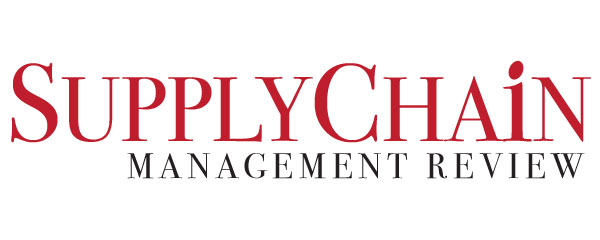

May 23, 2022
Leaf Logistics helps carriers and brokers understand the value of planning ahead
Read More
May 9, 2022
On this episode of Net-Zero Carbon, Andrea Pope from Leaf Logistics and host Tyler Cole discuss removing waste from road freight.
Read More
April 25, 2022
Leaf Logistics identifies optimal transportation solutions that maximize asset utilization and minimize carbon impact.
Read More
“There was a lot more investor energy chasing us in the fourth quarter than in the first quarter,” said Anshu Prasad, the co-founder and chief executive of transportation logistics startup Leaf Logistics Inc. Mr. Prasad said he started fundraising last summer.
Read More
March 1, 2022
On this episode of Talking Supply Chain, Anshu Prasad discusses the state of logistics across all modes, as well as what’s happening in the logistics startup world.
Read More
February 14, 2022
Economists and industry experts widely believe supply chain disruptions will continue to greatly impact the transportation industry for the first half of the year, and possibly into 2023.
Read More
February 11, 2022
A technology company that aims to help shippers and carriers with demand planning and pricing to get empty trucks off the road raised $37 million to further its plans of being the air traffic control of ground transportation.
Read More
February 9, 2022
Using Leaf Adapt, shippers can get an overarching view of their transportation needs, and by leveraging the data behind more than $23 billion of transportation spend, can build better routing guides, find drivers back hauls and fully utilize the capacity available to them while lowering carbon emissions for carriers and shippers.
Read More
Transportation procurement software vendor Leaf Logistics on Wednesday became the latest logistics technology provider to secure a venture capital investment, seizing on a tenfold year-on-year increase in annual revenue in 2021 to land a $37 million cash infusion.
Read More
Leaf’s AI-based technology takes shipping industry data and gives companies a forward-looking view of what a disruption — expected or unexpected — will do to their capacity, providing recommendations on how to accommodate those shifts by adjusting trucking routes.
Read More